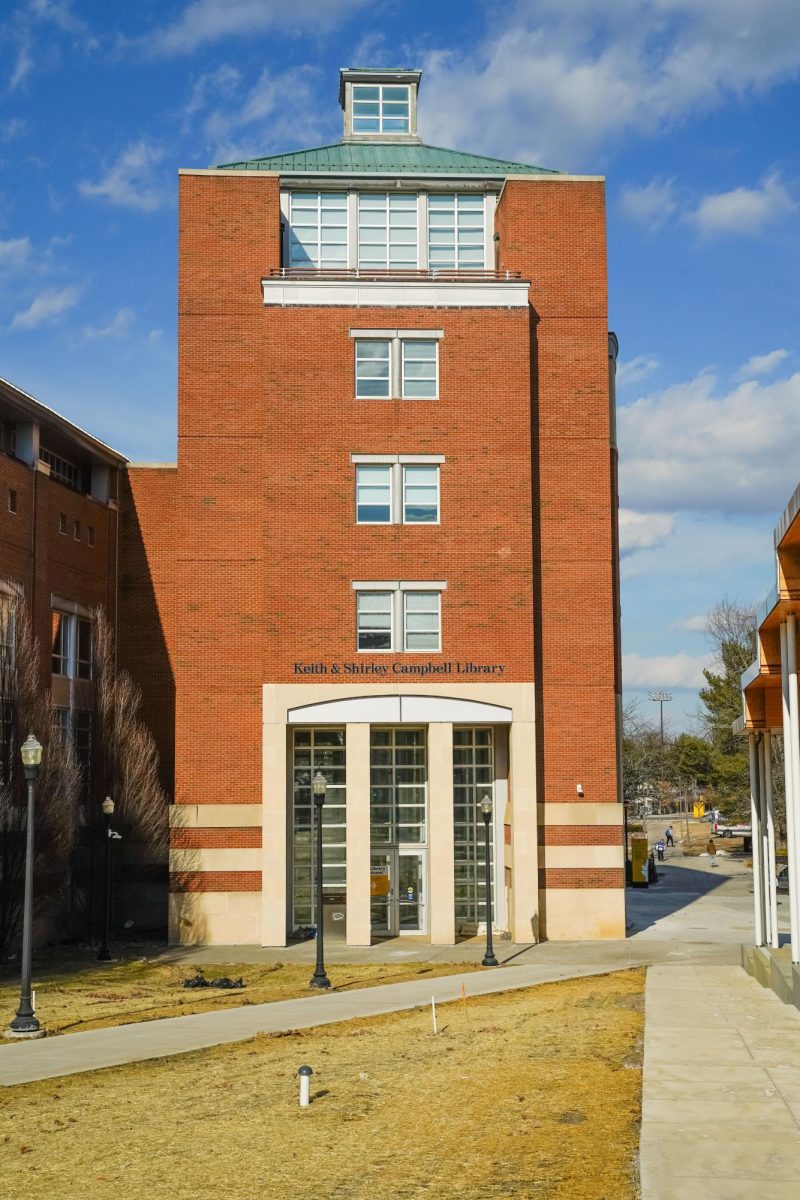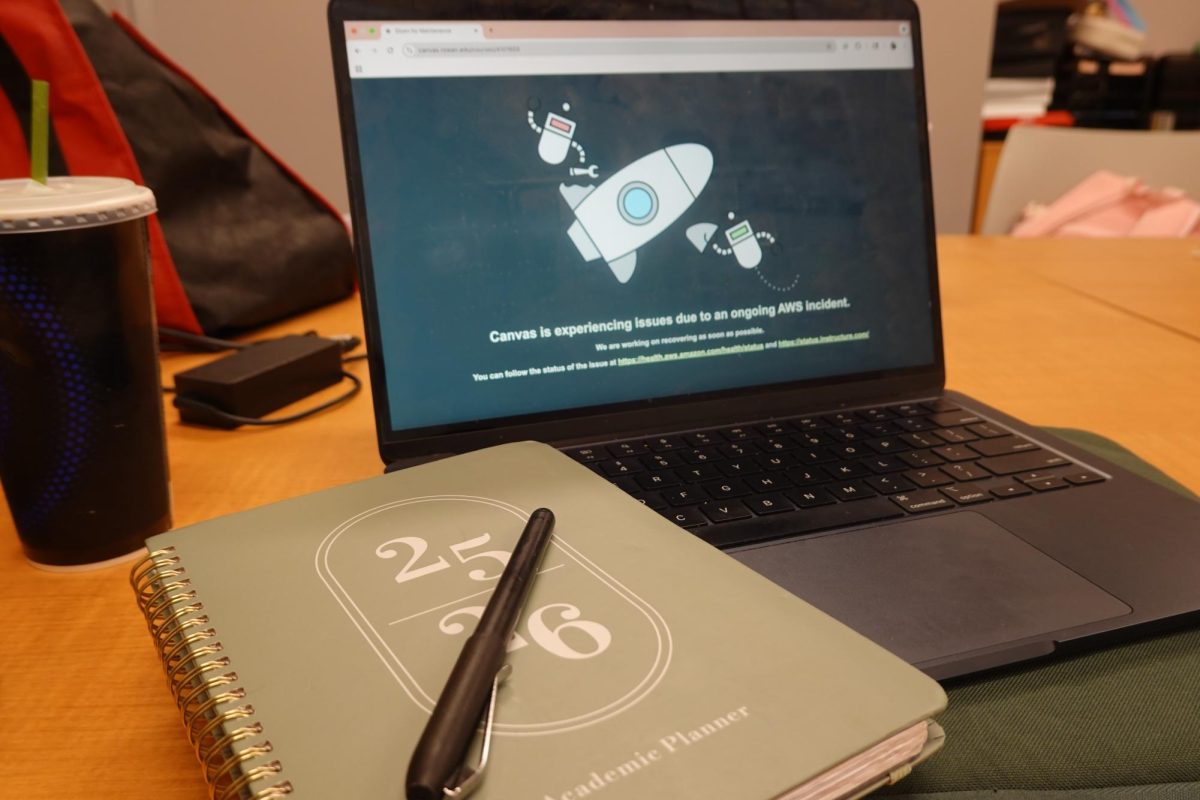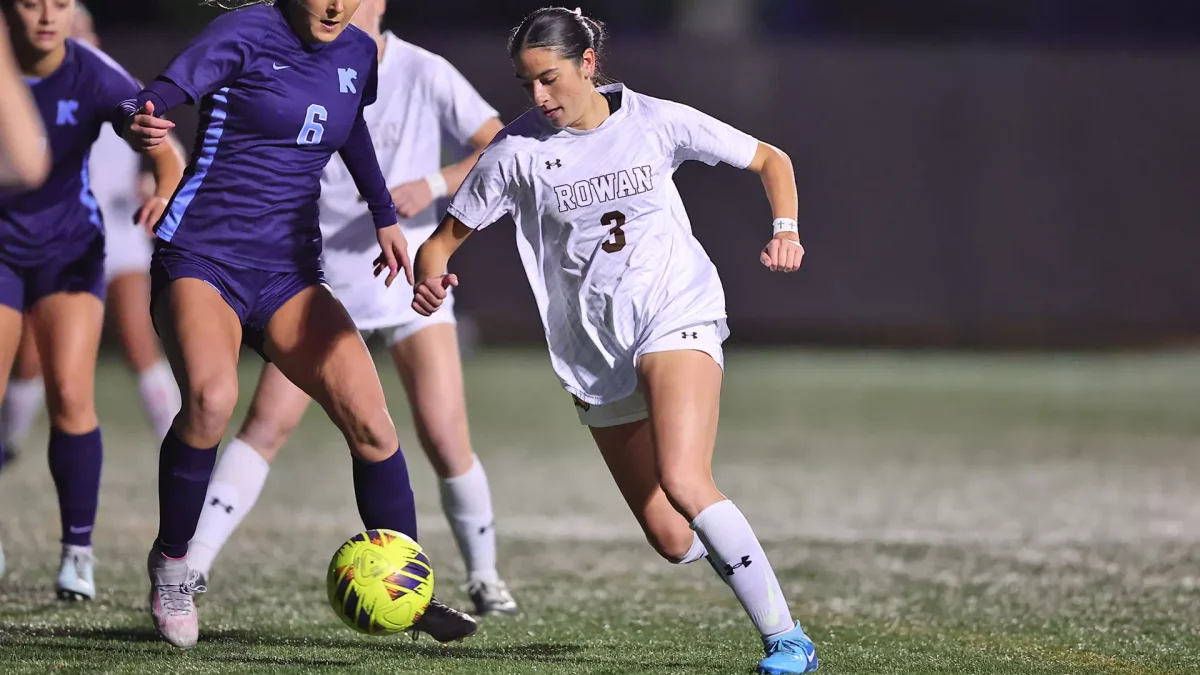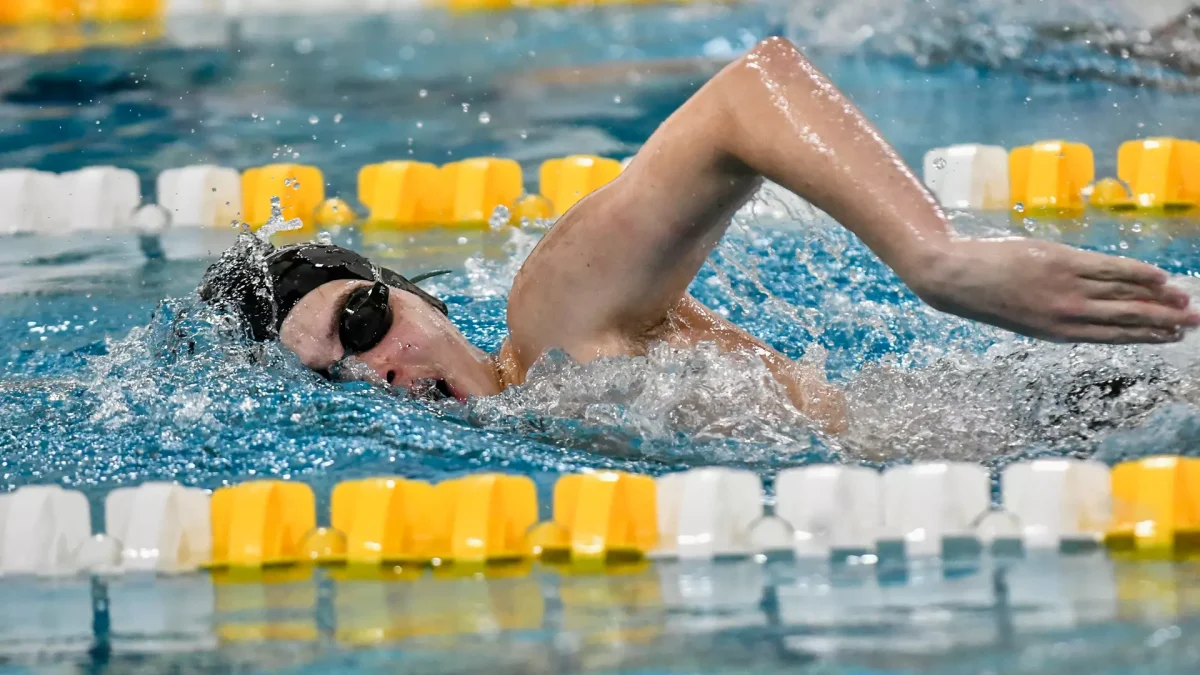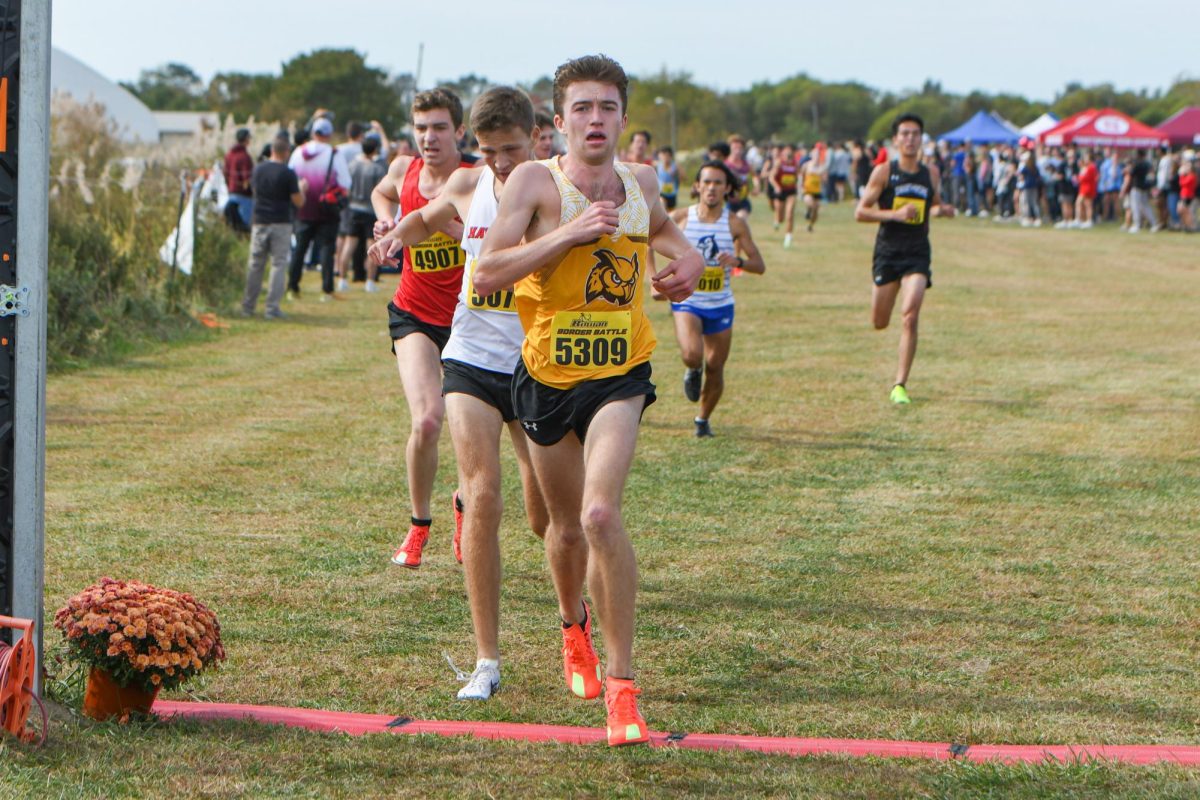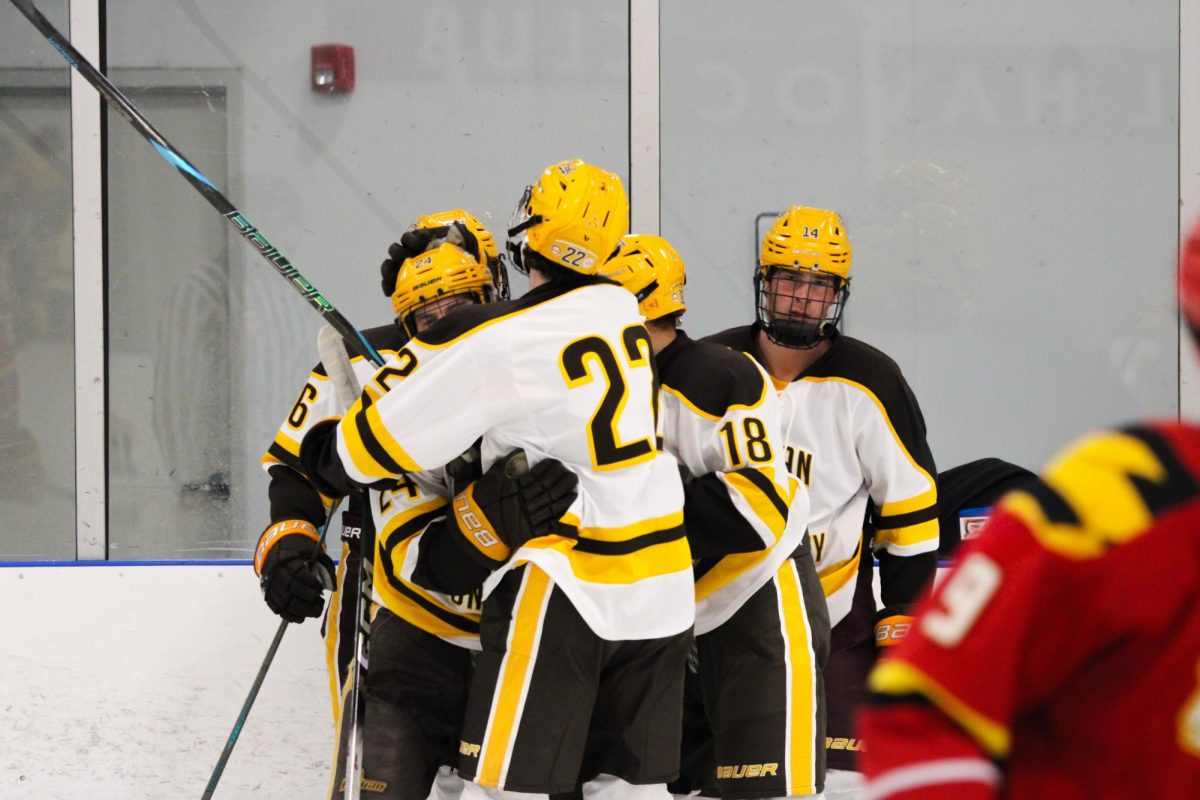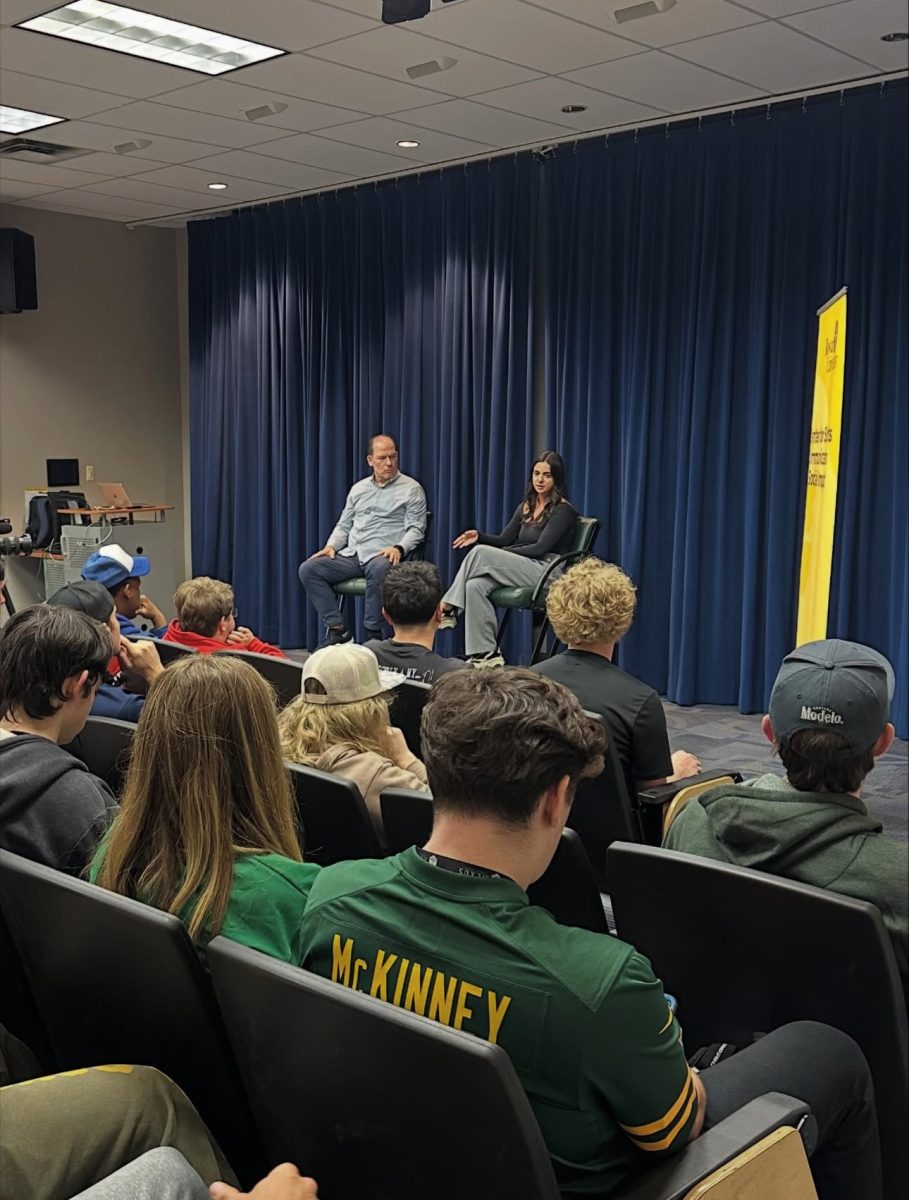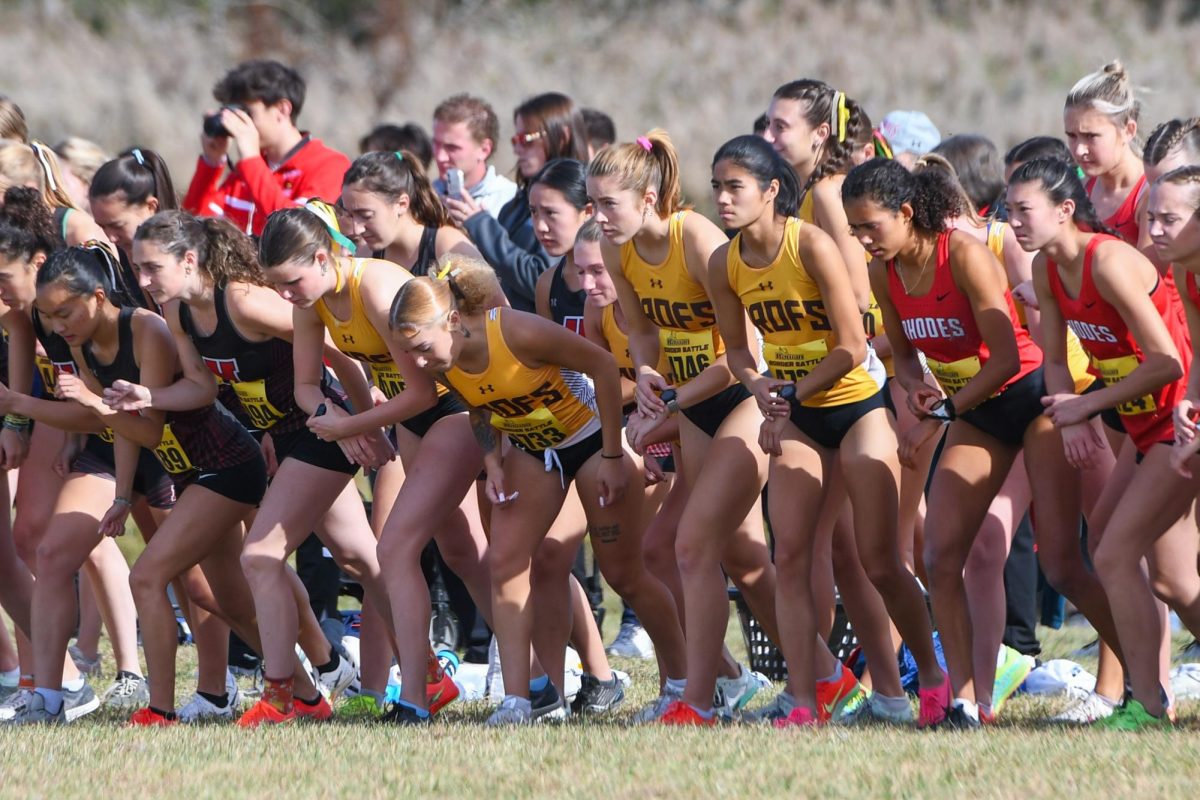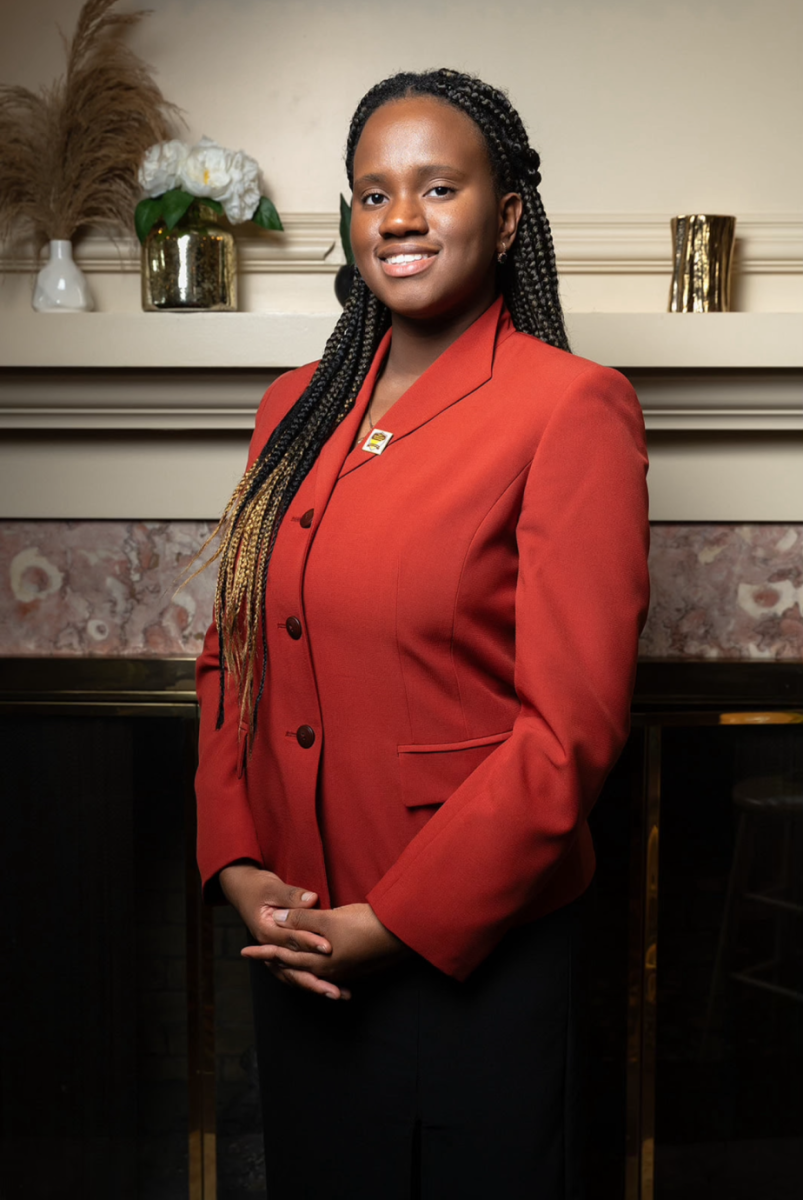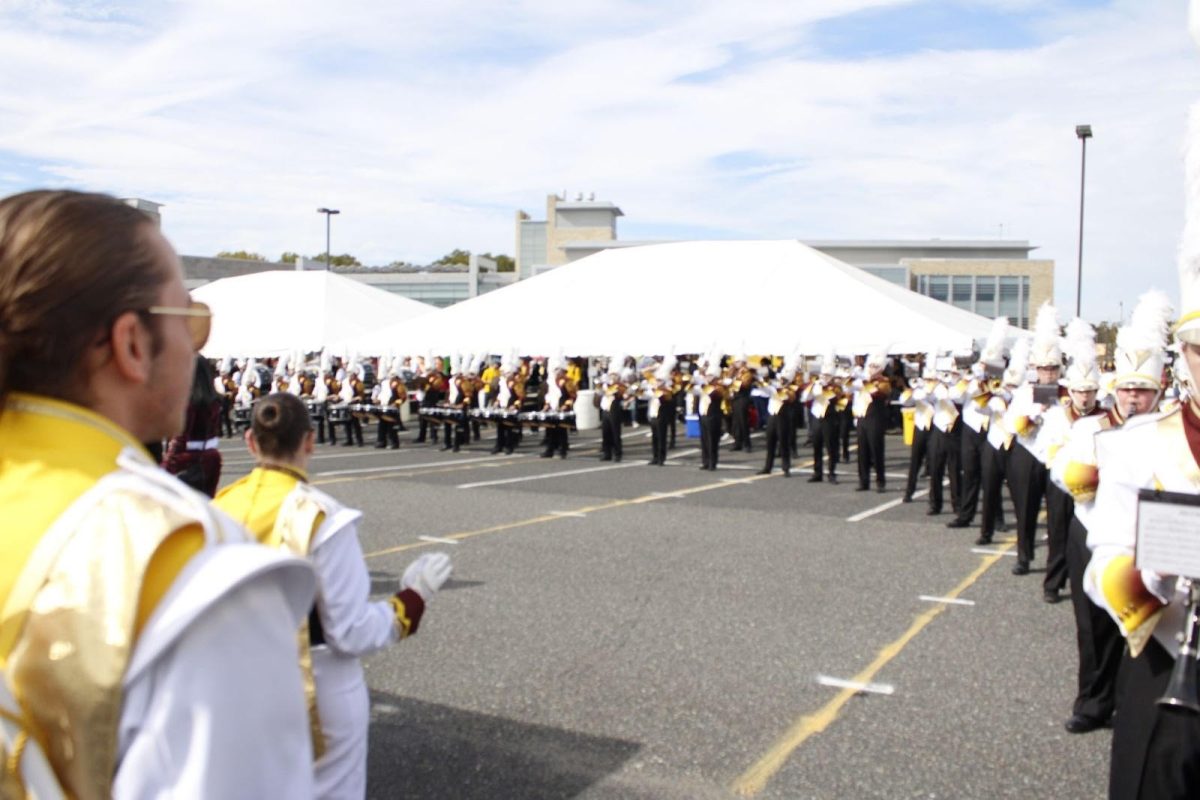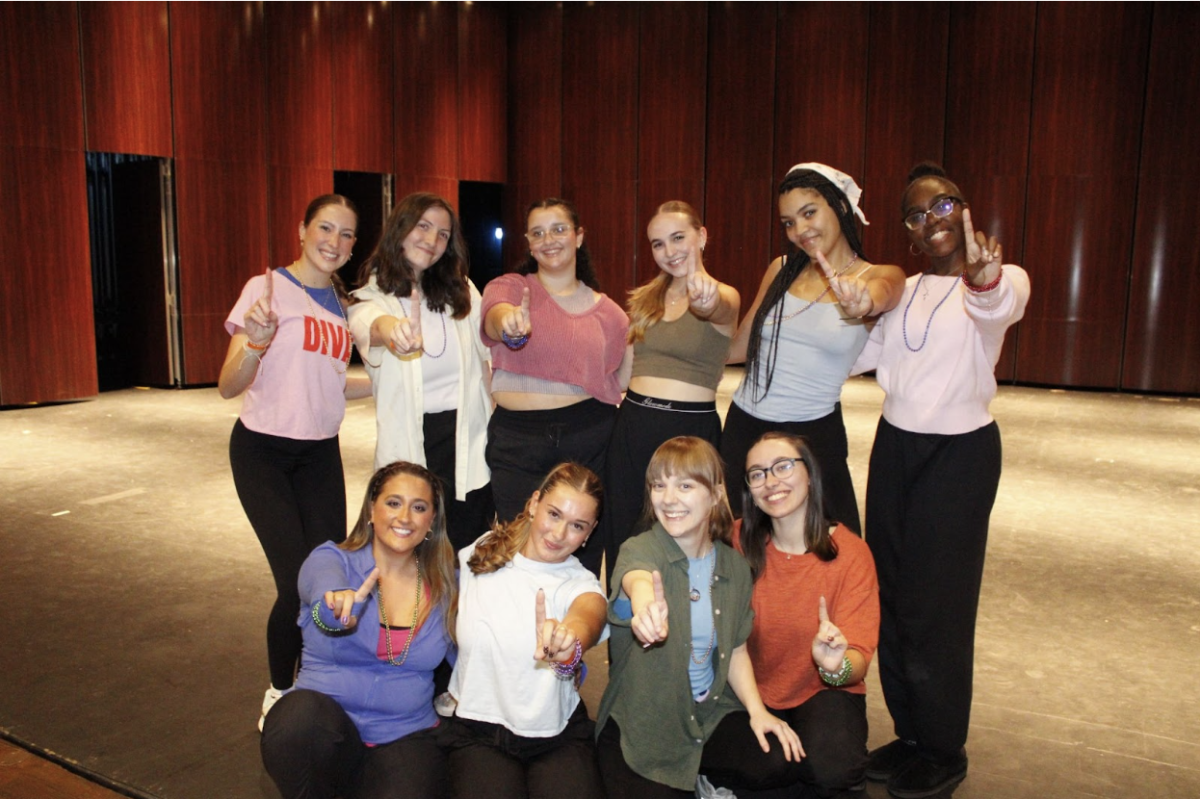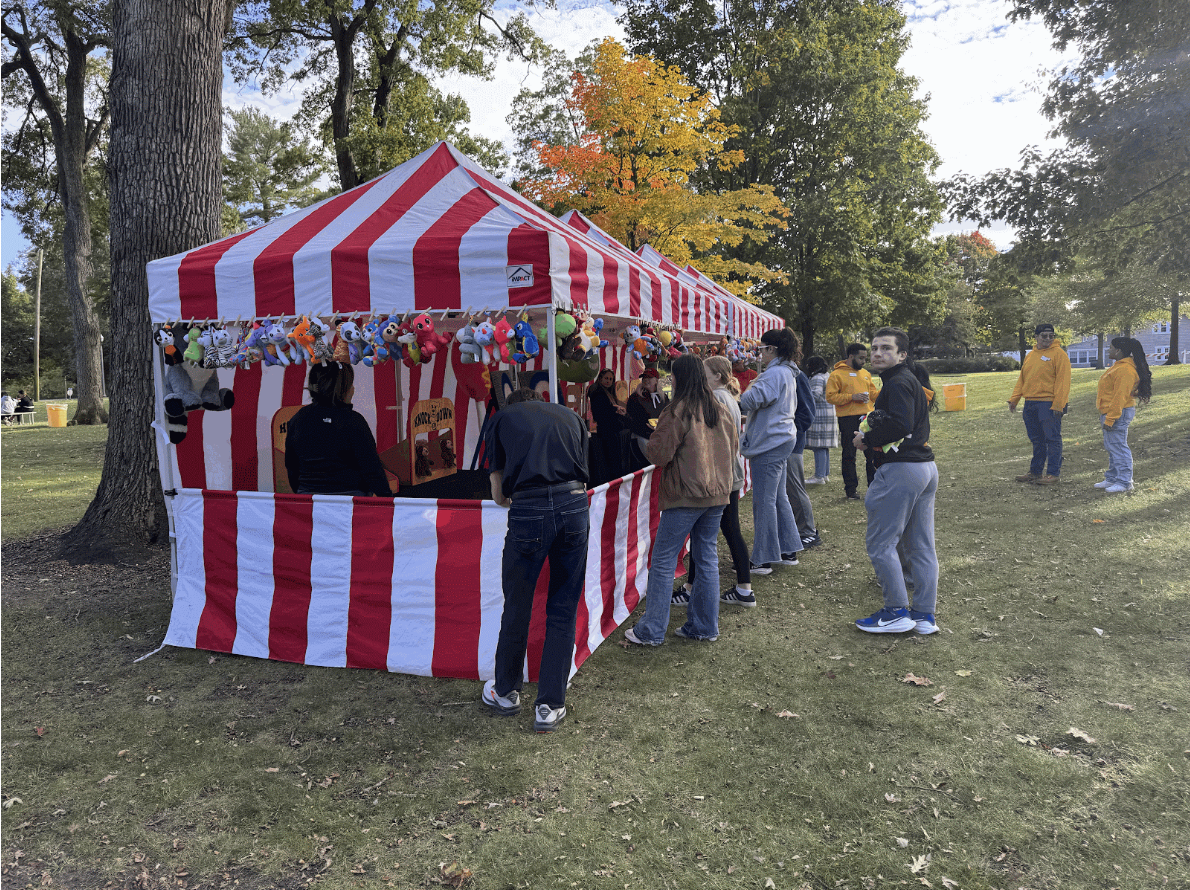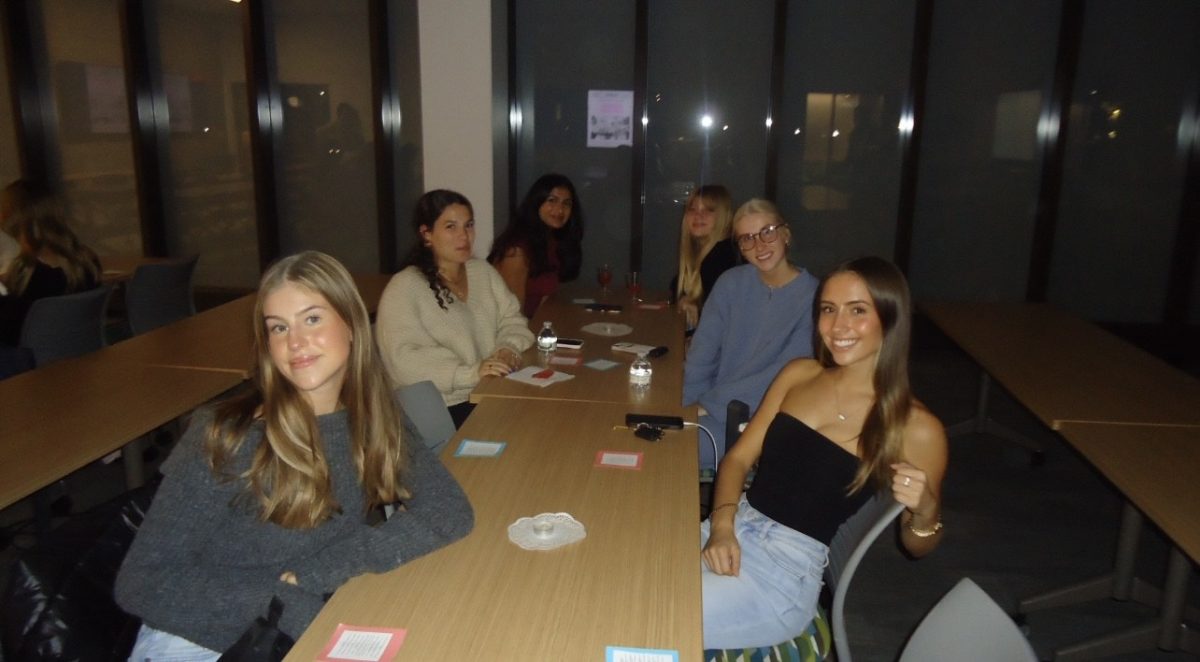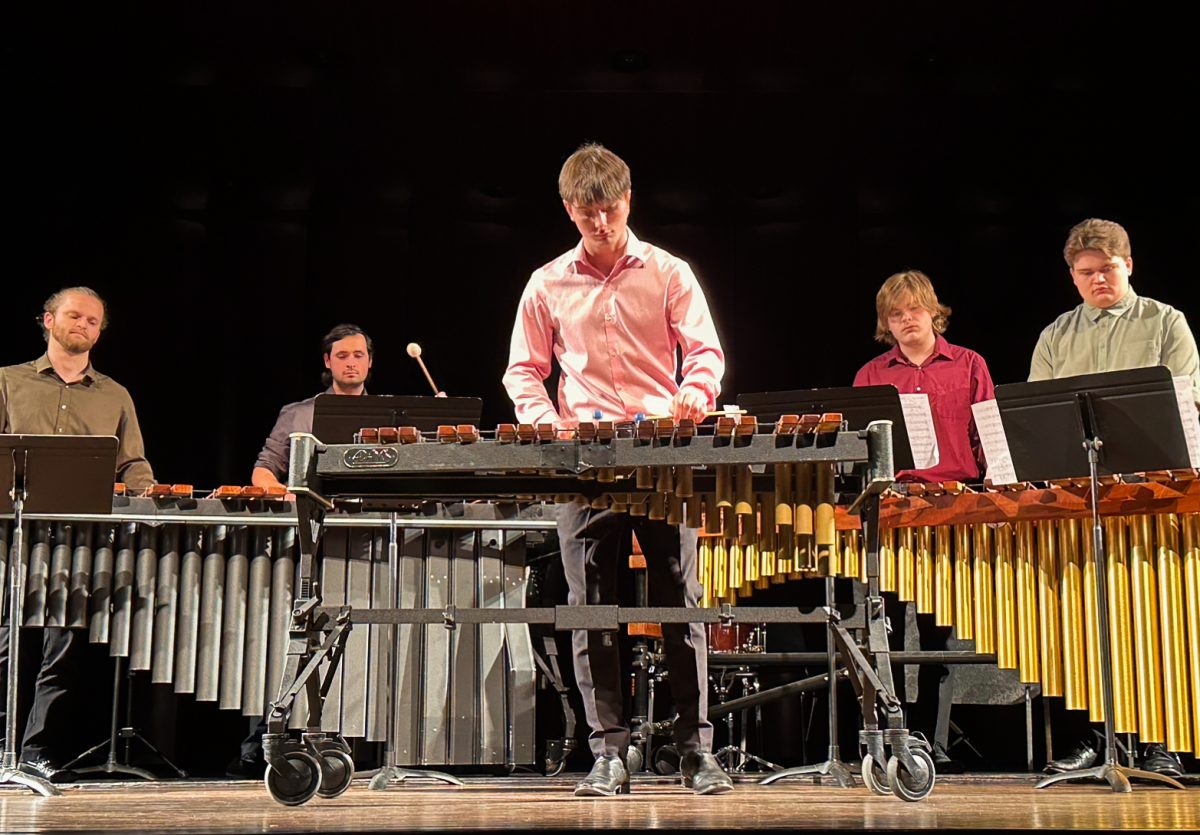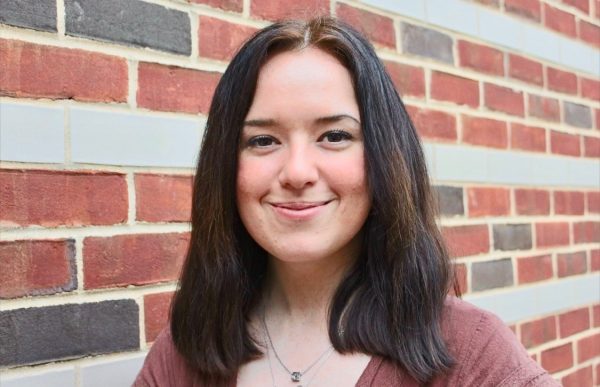If you happened to be in Pfleeger Concert Hall Monday evening, you might have felt like you were in a spacecraft or even dancing with a Native American tribe. With the help of Marimbas and other percussion instruments, Rowan’s music students brought the hall to life in the first percussion ensemble of the spring semester.
Sitting in the audience of a percussion ensemble may feel unusual or otherworldly. There are instruments you may never have seen or heard of before, as many who sit in the chairs of Pfleeger can attest, and this is exactly the point. The music department is introducing its students and community to music from different periods with rich history.
Music education major and percussionist Magnus Augistine-Bennett described how it feels to him to be exposed to niche music with unique instruments.
“I feel it’s kind of like turning the lights on or turning the light bulb on, turning the colors on,” said Augistine-Bennett. “When you’re so not in tune to this kind of music that’s niche, you have people that this music might speak to who may not be able to hear it or be exposed to it.”
Among the attendees were Rowan piano professor Alexander Timofeev and Classical Cimbalom performer Ivan Curtean. This happened to be Curtean’s third day of his first trip to the United States from Budapest, and he spent it rehearsing for his and Timofeev’s performance later this week and watching the percussion ensemble.

“We just caught the last half because we were rehearsing, I heard Fabio talk about the upcoming events it was really amazing. I hope I will catch some of them,” Curtean said. “The minimalist music, the marimba, and all of the other instruments that are here are particularly interesting for me because my instrument is also part of the percussion section, and I enjoyed it. Hopefully, next time, I’ll get more of it.”
Timofeev shares a passion for music and spoke highly about the Director, Dr. Fabio Oliveira.
“I think we are very lucky that Fabio, the percussion professor, is such an amazing teacher and artist, and he picks beautiful pieces for the students to play,” said Timofeev. “I think it is his artistic taste that shapes the direction of where the students are going next, so it’s very important. He is also focused on ethnic music and some music from South America because he is from Brazil, and he has all that tradition, and the students are learning that first-hand.”
Having a deep understanding of percussion history and being a musical composer himself, Timofeev shared his perspective and how he could see the passion in Dr. Fabio and the ensemble as they performed.
“In percussion literature, especially in the 20th and 21st centuries, there are a lot of composers and they [the percussion ensemble] are so eager to play and share it with the audience, and I can tell because we are more on the academic side of music as a pianist and composer– not all performers are interested in promoting new music on the level of the percussionists. They are always looking for new things, and that is a really great thing to see and bring to the campus,” said Timofeev.
The composers highlighted in the spring ensemble included George Hamilton Green, Maurice Ravel, Steve Reich, and, according to Augistine-Bennett, most notably, John Cage and James Tenney.
“Cage was a prominent percussion composer he kind of premiered- that music up there maybe wouldn’t be seen or heard if it weren’t for Cage– so Cage… [and] Tenney as an American composer– there are a lot of famous composers that kind of revolutionized and changed percussion music as a landscape,” Augistine-Bennett said.
Augistine-Bennett also dove into what goes on behind the scenes of putting together an ensemble like this and mentioned how there are new student performers every semester who get to be exposed to the music Dr. Fabio introduces.
“The Mallet Quartet at the end is the result of many hours of contact with that music. I like to say I’m not really that good, I just spend a lot of time with the same thing over and over,” said Augistine-Bennett. “That’s really what it is… I just spend a lot of time, so it becomes familiar to me like a language. You can understand anything, just like a language. If you immerse yourself in it for a long enough period, you can become fluent in it, like vocabulary.”
Rowan University’s community has one more spring percussion ensemble to look forward to this semester and plenty of other unique ensembles that are on the horizon.
“This music touches my soul,” Augistine-Bennett said.
For comments/questions about this story DM us on Instagram @thewhitatrowan or email [email protected]



